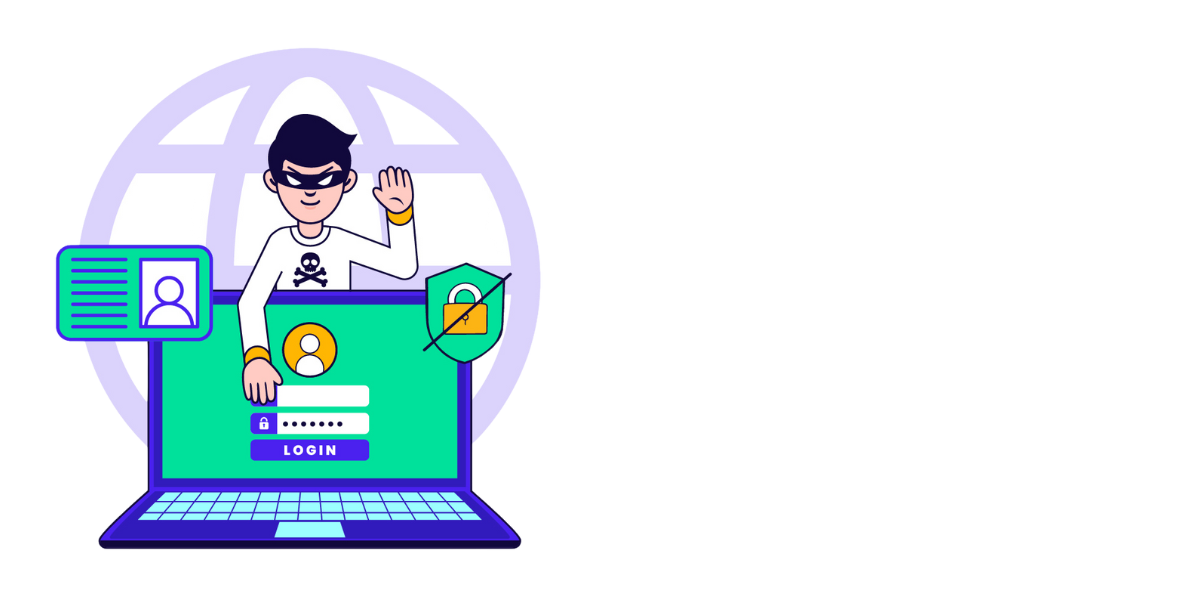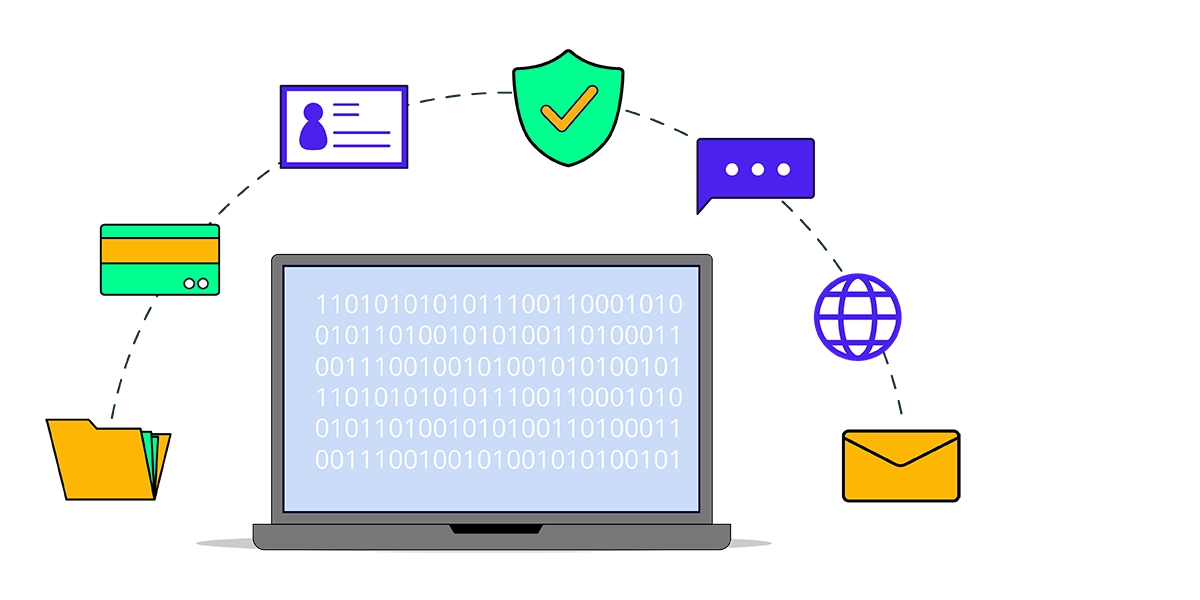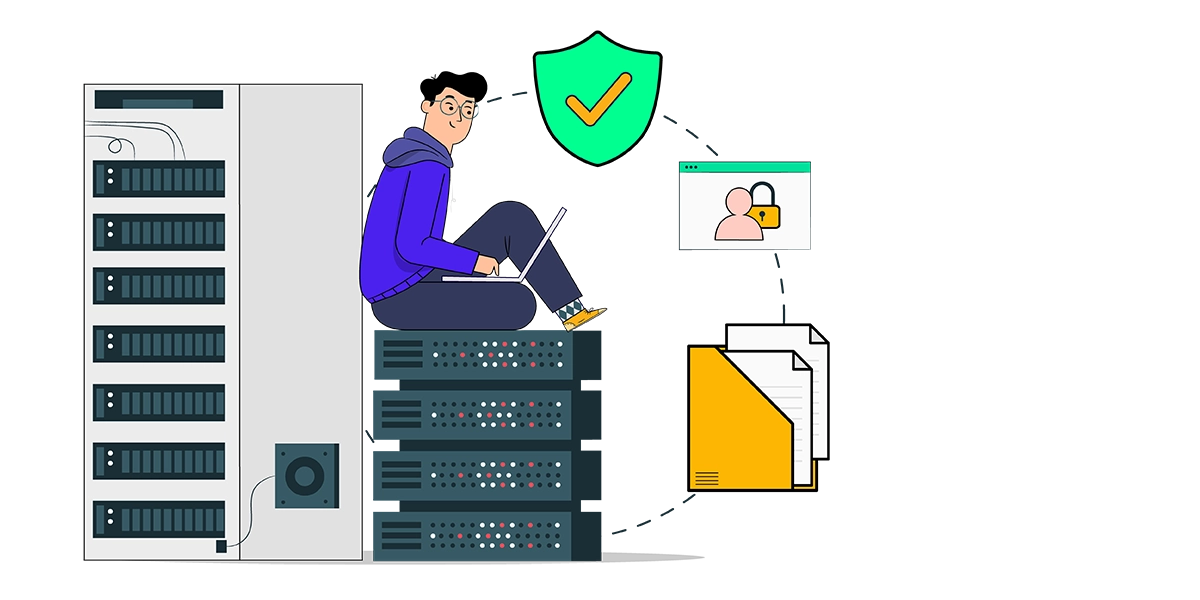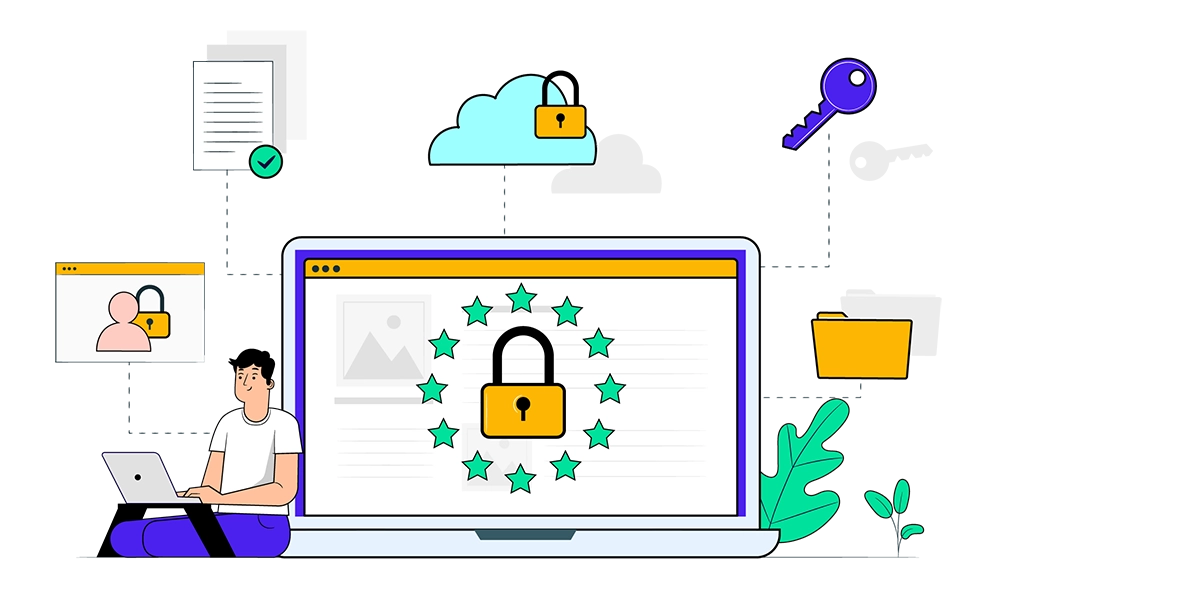Quantum computing represents one of the most exciting technological advancements of our time, promising to…

What is the Dark Web? Understanding its purpose and function
The Dark Web is a hidden part of the internet, offering high anonymity and requires special software to access, like the Tor browser.
Despite its sometimes nefarious reputation, the Dark Web isn’t only a criminal haven. It’s also a free speech arena, protecting journalists and activists with secure communication channels – a lifeline for those living under oppressive regimes.
This same anonymity harbours darker elements. Illegal marketplaces thrive here, trading drugs, weapons, and stolen data. Cybercriminals peddle hacking tools and malware, while money launderers exploit cryptocurrency’s pseudo-anonymity.
Unlike the regular internet (or “surface web”):
- It’s not indexed by search engines like Google
- Uses encrypted networks
- Accessed via specialised browsers, most commonly Tor
- Websites often have unconventional URLs ending in. onion
- Offers anonymity for website operators and visitors
The Dark Web vs. the Deep Web
People often use these terms interchangeably, but they refer to novel concepts. The Deep Web, vast and mostly legitimate, requires simple authorisation for access and enhances privacy for everyday activities. It includes password-protected sites, private networks, and databases.
In contrast, the Dark Web is a tiny fraction of the internet, accessible only through specialised software. It prioritises anonymity and hosts both legal and illicit pursuits, with a higher proportion of the latter.
Deep Web:
- All online content not indexed by standard search engines
- Includes password-protected sites, private networks, and databases
- Much larger than the surface web
- Mostly benign, used for everyday purposes like more secure email, crypto trading and banking.
Dark Web:
- A small portion of the Deep Web
- Intentionally hidden and requires special software to access
- Associated with both legal and illegal activities
- Known for marketplaces selling illegal goods and services
How personal data ends up on the Dark Web
Personal information finds its way to the Dark Web through various ways, often without individuals’ knowledge until it’s too late.
Data breaches are a primary source, with hackers targeting companies and institutions to steal vast amounts of personal data. This stolen information—ranging from email addresses and passwords to Social Security numbers and credit card details—is then sold on Dark Web marketplaces.
Phishing scams are one of the most common ways to trick people into revealing sensitive information. Malware infections on personal devices can silently gather data and transmit it to Dark Web servers. Even seemingly innocuous information shared on social media can be harvested and compiled into detailed personal profiles. Insider threats within organisations are when an employee commits data theft and sale.
Once on the Dark Web, this personal information becomes a commodity, fueling identity theft, financial fraud, and other cybercrimes. The need for robust personal cybersecurity practices needs to become part of our personal “business as usual” if we are going to avoid a cyber fraud situation.
Related article: Identity theft is no joke
How do I know my data is on the Dark Web?
- Many cybersecurity companies and identity protection services offer Dark Web monitoring services. These continuously search Dark Web forums, marketplaces, and databases for data like your email, Social Security number, credit card, and passwords. When a match is detected, you’re notified promptly, allowing you to take immediate action.
- Data breach notifications: Companies often inform customers when their data has been compromised.
- Unexplained financial transactions or accounts opened in your name and credit report anomalies
- Unexpected password reset emails or logins from unknown locations
- An increase in targeted spam.
Cyber protection tip: Check your email on HaveIBeenPwned to see if it has been involved in known data breaches.
How to keep your data off the Dark Web
Taking steps to protect your online security lowers the chance of your personal information being exposed on the Dark Web.
- Use strong, unique passwords for each account
- Enable two-factor authentication (2FA) wherever possible
- Regularly update your software and operating systems
- Be cautious of phishing emails and suspicious links
- Use a reputable antivirus program
- Get the Sapher browser extension
- Avoid using public Wi-Fi for sensitive transactions
- Regularly monitor your financial statements
- Be mindful of oversharing personal information on social media
- Use a Virtual Private Network (VPN) for added security
- Regularly check your credit reports for unusual activity.
Operating online safely requires awareness, caution, and proactive measures. Personal cybersecurity is an ongoing process, requiring constant vigilance. By staying informed and deploying strong security practices like these, you can better protect yourself from the darker aspects of internet use.


